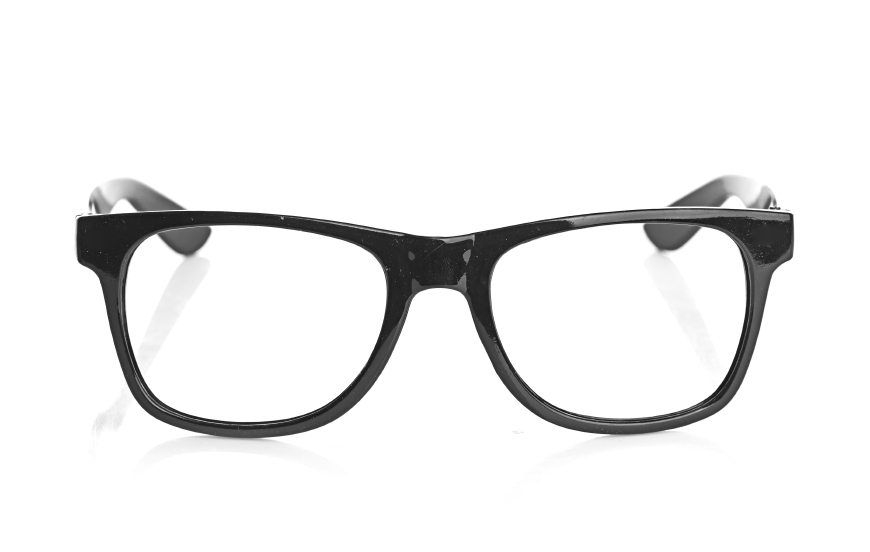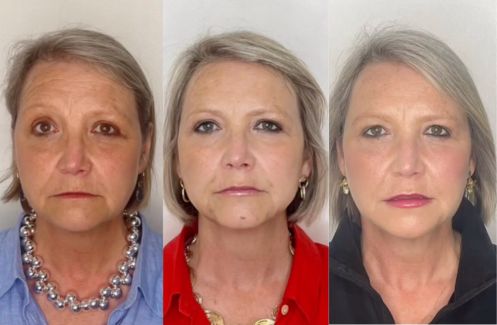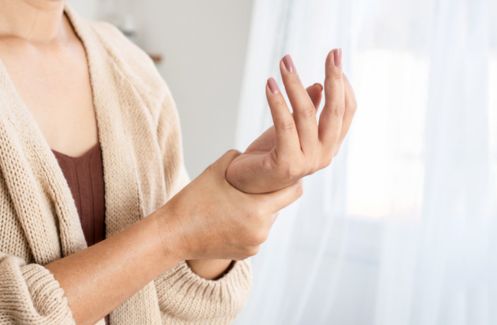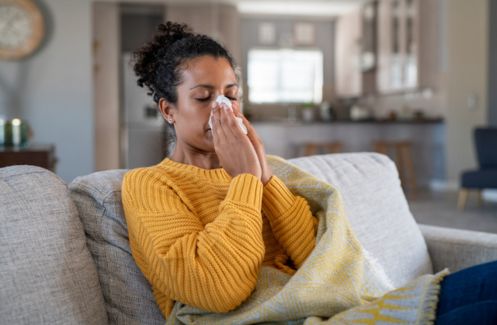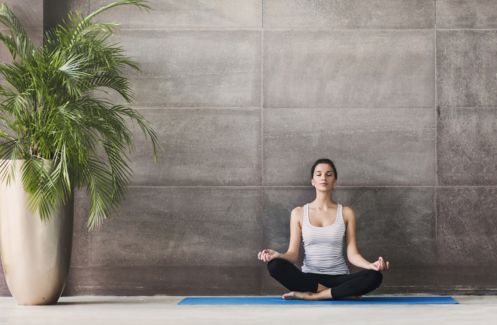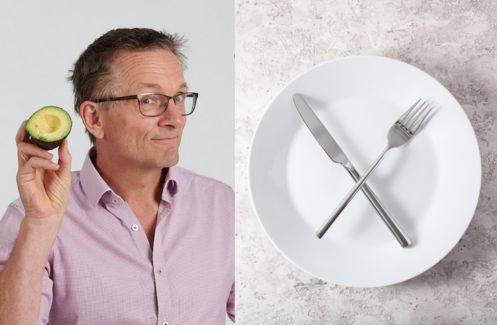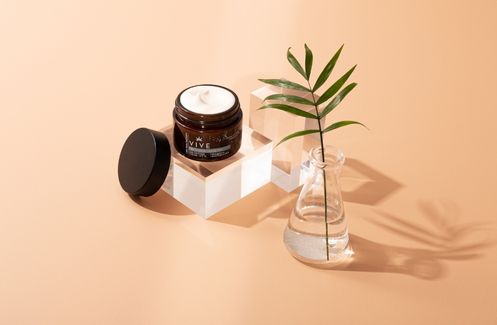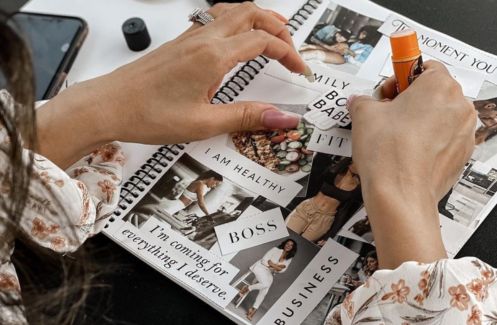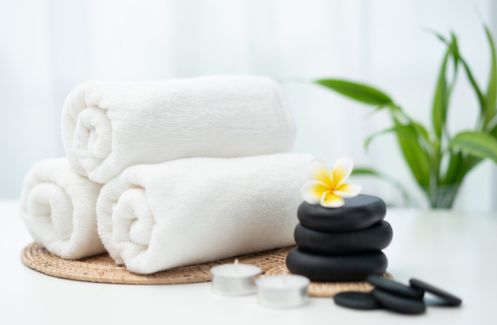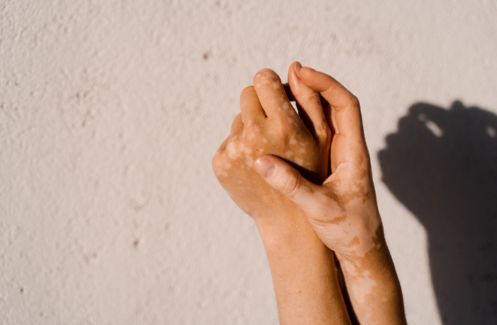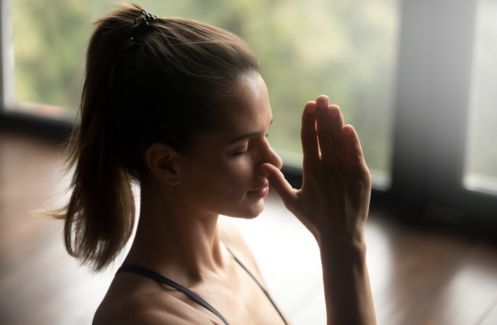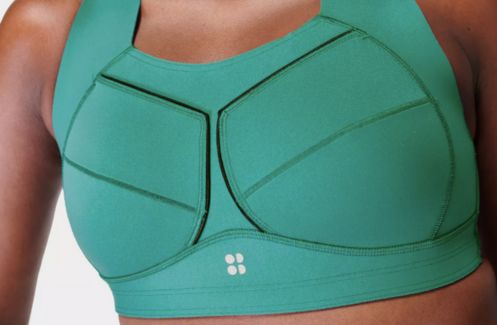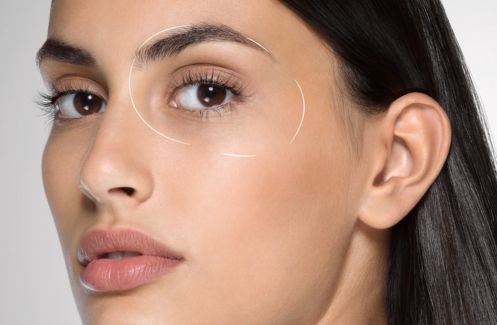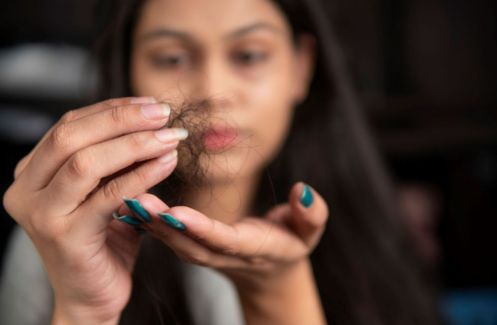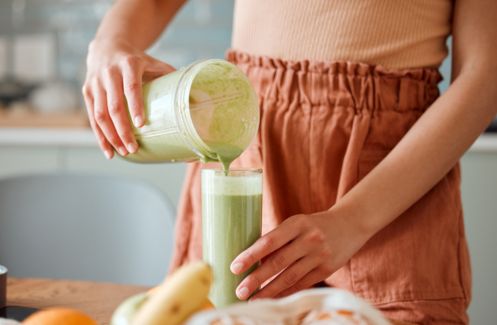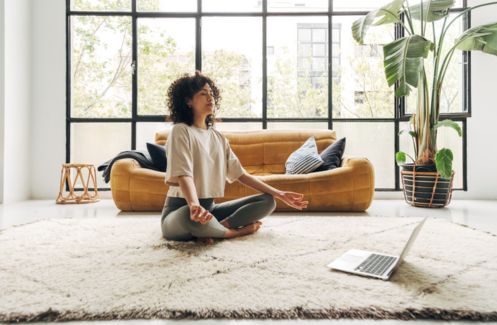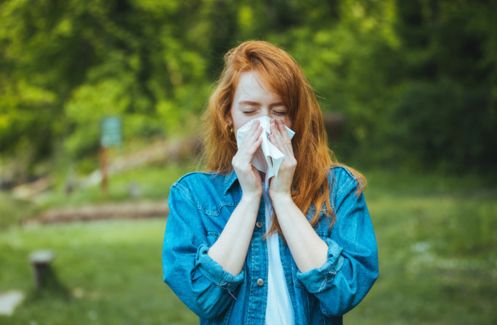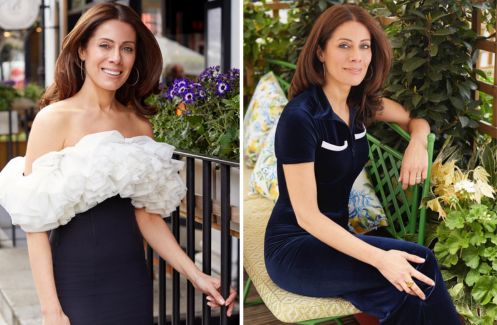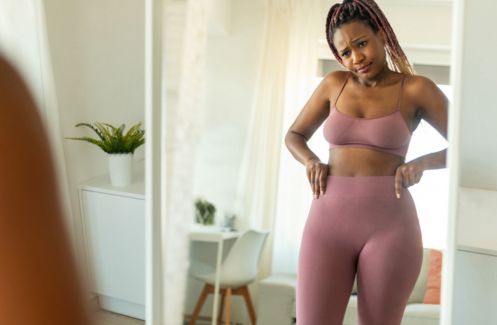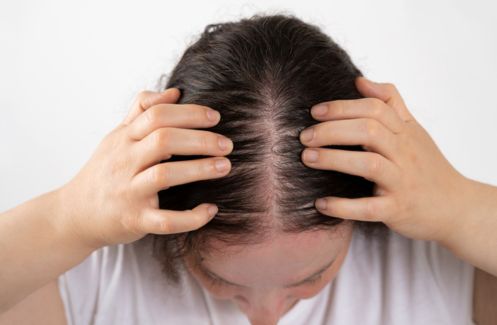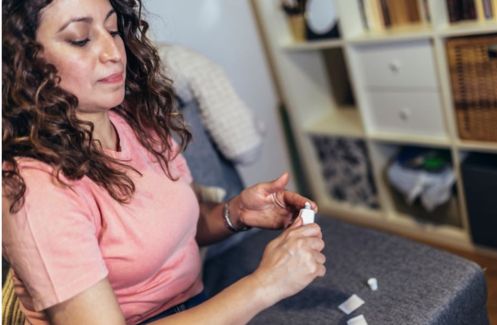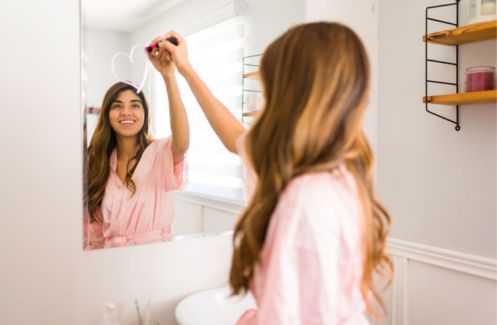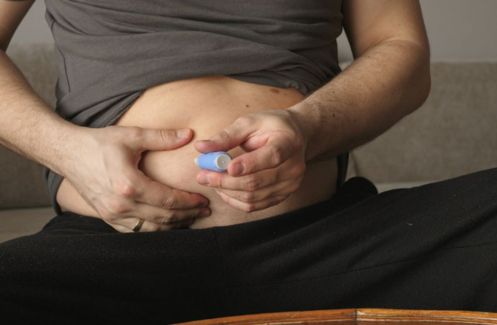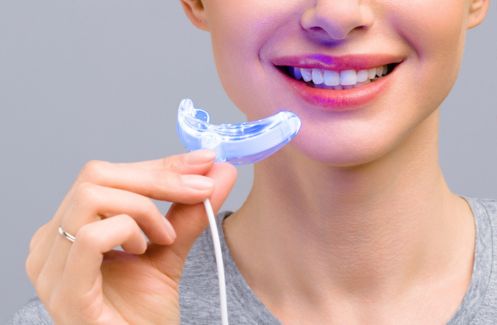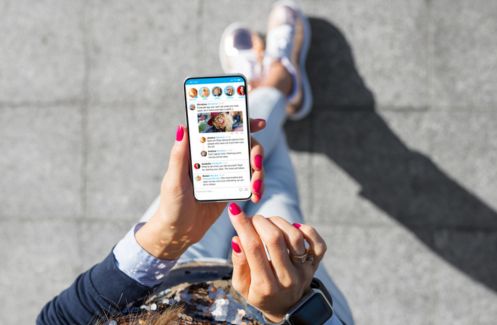
New research reveals optometrists are worried about increasing levels of age-related eye disease striking people in their 30s and 40s. Eye expert, Khalid Ikram, reveals his surprising tips on how to keep your eyes healthy and prevent a blurry future.
The number of younger people who are being diagnosed with eye conditions is thought to be growing, according to a survey of Optometrists released by eye care specialists Spectrum Thea.
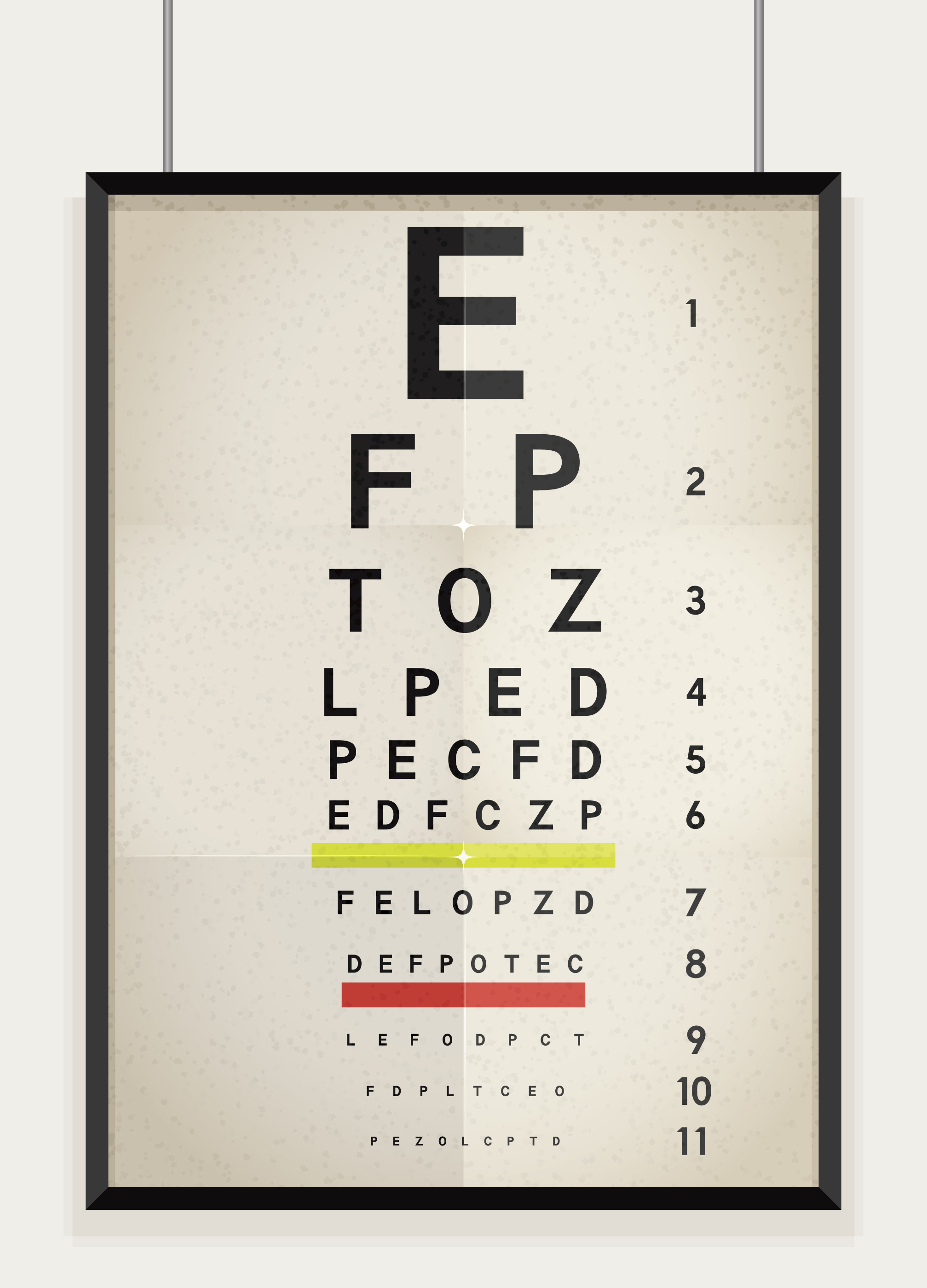
The study saw two thirds of optometrists say they have seen an increase in conditions such as dry eye and blepharitis (eyelid margin inflammation), while almost half of these optometrists are concerned that people will start losing their sight or suffering from degenerative conditions such as cataract and age-related macular degeneration (AMD) at a younger age.
The optometrists surveyed say that the increased use of screens in our daily lives is one of the major factors in the deterioration of the nation’s eye health. Of those surveyed, three-quarters felt that the increasing prevalence of diabetes in the UK, poor diets, smoking and not wearing sunglasses all contribute to the deterioration of our eyes. In addition, 62 per cent said not following a proper hygiene routine for contact lenses is also a contributory factor.
Khalid Ikram, a Consultant ophthalmic surgeon at Face & Eye Clinic in Manchester, gives his 7 top tips to help keep our eyes healthy for longer:
1. WATCH FOR CHANGES Take note of any changes or symptoms in the eyes and do something about it – It may seem like obvious advice but sometimes the onset of certain symptoms can happen so gradually many people just consider it as normal deterioration until it becomes more of a problem. If you start to feel any kind of change in your eyes and if the symptoms continue for more than a few days, consult your local Optician who can conduct an eye health check.
2. EAT FOR EYE HEALTH Having a healthy diet is advisable for general health and wellbeing but making sure that you get the right amount of vitamin C, vitamin E, zinc, lutein, zeaxanthin and omega-3 fatty acids can help in reducing the progression of eye conditions such as AMD. In fact, for some forms of AMD:
- Antioxidants have been shown to reduce progression by 25%,
- Lutein and Zeaxanthin rich diets (Macular pigment) reduced AMD risk by 43%
- Increased omega-3 reduced the risk of AMD by 35%.
All of the above can be found in dark leafy greens such as kale and spinach, eggs, oily fish, yellow and orange peppers and broccoli and beans. However, It isn’t always easy to eat well all of the time – taking a specially formulated supplement like Nutrof Total (RRP£14.99) which are rich in the necessary vitamins, minerals and antioxidants can also help to protect and maintain healthy eyes.
3. REMEMBER TO BLINK Whether it is at work or at leisure our lives are increasingly revolving around the use of screens including laptops, tablets and mobiles. Research has shown that when we concentrate on reading, playing computer games and watching videos our blink rate is reduced by a third. This reduced blinking can lead to a higher rate of tear evaporation, one of the leading causes of Dry Eyes, which is also linked with another common eye condition, Blepharitis (inflamed eyelids).
Use the 20-20-20 rule. Every 20 minutes, try to look away from your screen for 20 seconds and look at something approximately 20 feet away. This allows the eyes to refocus, giving them a rest and also allows us to blink more, restoring the tears and oils on the surface of the eyes that are vital for ocular comfort.
4. ASK ABOUT PRESERVATIVE-FREE The most common preservative used in eye care products is BAK. However, clinical studies have shown that long term use of BAK can actually result in cell damage and inflammation. Conditions like Dry Eye and Blepharitis can be on going and may never go away so it is important people choose a product to treat their condition that will not have any undesired side effects. Innovation in packaging design and sterile manufacturing conditions for Dry Eye drops like Hyabak (RRP10.50) means that there are several preservative free options available and there is no need for preservatives in products such as eye drops and eye lid hygiene products.
5. WEAR UV-PROTECTIVE SUNGLASSES Invest in a good pair of sunglasses and wear them–Ultraviolet (UV) light can damage the delicate tissue around the eye as well as the cornea and lens. The damage caused by UV light has been linked to cataracts and AMD (age related macular degeneration), both of which can lead to loss of vision. Sunglasses will help protect the eyes and surrounding skin from the harmful effects of UV rays. Choose a pair that has a 99% – 100% block for both UVA and UVB rays and that have large lenses or wrap around to protect as much of this delicate area as possible. Ensure children have a good pair and wear them also as their eyes are still developing so are even more vulnerable.
6. QUIT SMOKING As if you needed another excuse but smoking can also lead to loss of vision as it has been linked to Cataracts (clouding of the lens resulting in decreased vision) and Age Related Macular Degeneration (AMD, the loss of central vision) along with other eye related conditions.
7. HAVE REGULAR EYE CHECKS Make an appointment with your local optician or optometrist for an eye health check. It is recommended that adults should have an eye test every two years, or sooner if recommended by your optometrist, and this research would suggest that in order to help protect yourself from the onset of many degenerative conditions you should be having regular eye tests by the age of 20, if you are not already. The optometrist is the first port of call to detect any problems with your eyes, not just to check your sight. More often than not the optometrist will be able to suggest treatment or management to help reduce or prevent symptoms or refer you to a specialist (ophthalmic surgeon) if need be.
Visit youreyehealth.co.uk/find to find your nearest optician and book an appointment today. National Eye Health Week runs from September 22nd to 28th
RELATED: The Healthy Eye Guide
Like this article? Sign up to our newsletter to get more articles like this delivered straight to your inbox.



